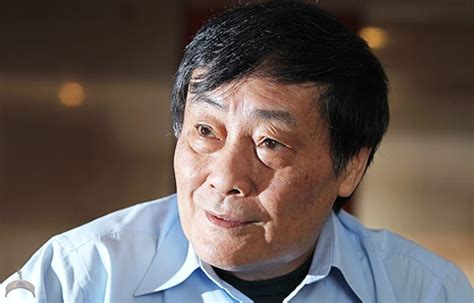A Quote by Zong Qinghou
We don't need to solve the problem of the rich-poor gap. We need to solve the problem of common prosperity.
Related Quotes
Solving the population problem is not going to solve the problems of racism, of sexism, of religious intolerance, of war, of gross economic inequality. But if you don't solve the population problem, you're not going to solve any of those problems. Whatever problem you're interested in, you're not going to solve it unless you also solve the population problem. Whatever your cause, it's a lost cause without population control.
People have been trying to do kind of natural language processing with computers for decades and there has only been sort of slow progress in that in general. It turned out the problem we had to solve is sort of the reverse of the problem people usually have to solve. People usually have to solve the problem of you're given you know thousands, millions of pages of text, go have the computer understand this.
Cities are never random. No matter how chaotic they might seem, everything about them grows out of a need to solve a problem. In fact, a city is nothing more than a solution to a problem, that in turn creates more problems that need more solutions, until towers rise, roads widen, bridges are built, and millions of people are caught up in a mad race to feed the problem-solving, problem-creating frenzy.


































